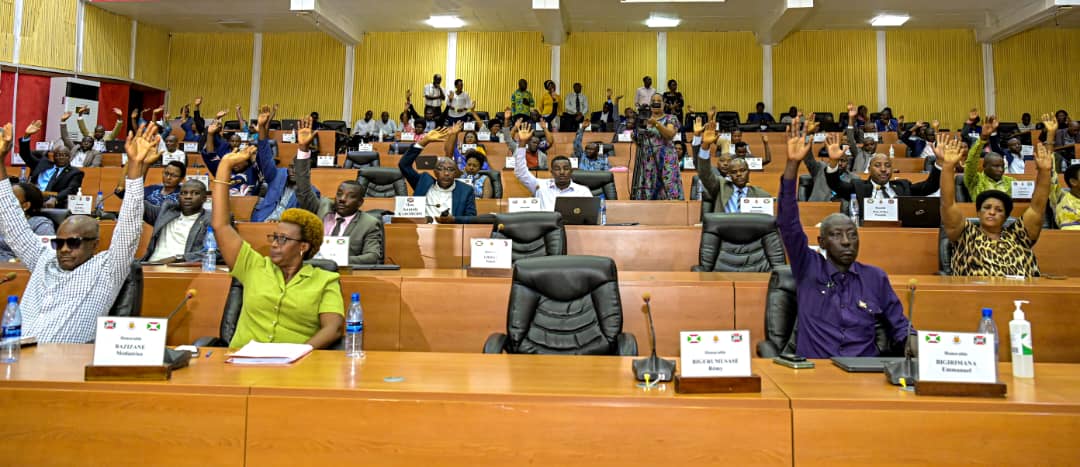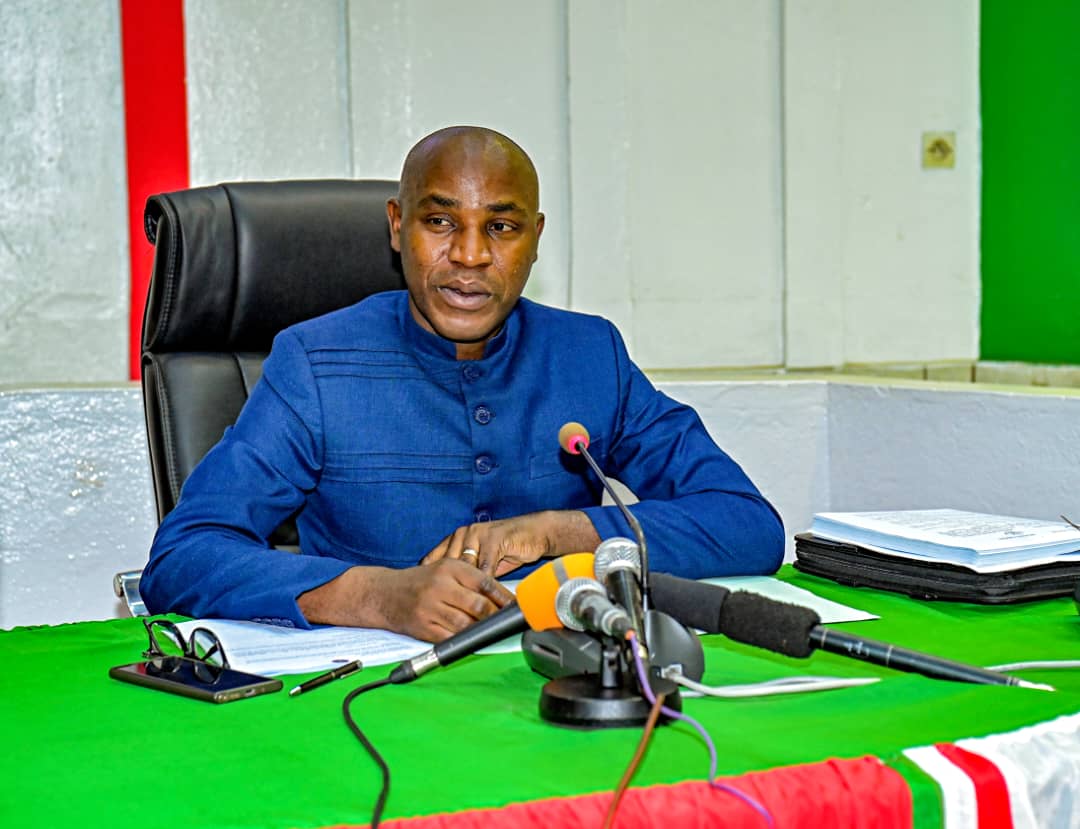BUJUMBURA, February 20th (ABP) – The National Assembly of Burundi analyzed and passed, on Tuesday, February 18, 2025, at the Kigobe hemicycle, the bill amending Law No. 1/02 of March 3, 2016, on the reform of communal taxation in Burundi.
The Minister of the Interior, Community Development and Public Security, Martin Niteretse, who was the guest of the day, indicated that for several years, Burundi has begun the process of decentralization, which is based on certain principles including fiscal and financial decentralization.
By proceeding with the systematic evaluation of performances, he added, weaknesses were noted in the collection of communal taxes with an insufficiency of the tax base and irregularities in the collection, management and control of communal taxation.
Thus, he noted that defined taxes and duties were poorly collected and sometimes collected without reaching the account of the commune. According to him, a good number of communes were found to be financially unviable and therefore underperforming, adding that the development of local authorities remained weak.
Mr. Niteretse said that reforms had been undertaken to address these imperfections; hence the reorganization and regrouping of communes with a view to having financially viable territorial entities. It is in the same context that the tax base should be broadened as well as the methods of collection, management and control. He further indicated that in order to strengthen the integrity and effectiveness of taxes and duties for the benefit of the commune, it was necessary to systematize their liquidation and recovery by digitalizing tax revenues in general.
According to Minister Niteretse, the reform aimed to enable the commune to self-invest, provide its basic services to the population and position itself as a center of economic development. He also revealed that Law No. 1/02 of March 3, 2016 had tried to resolve this problem but in vain, and that it encountered a no less difficulty, which is the absence of the distinction between the taxable matter of the State and that devolved to the commune.
This aspect resulted in double taxation of the taxpayer, thus generating discontent among the taxpayer, and tax evasion, he said. He also explained that the tax rate was defined differently by the communal council in each commune, which resulted in a differentiated application of taxation from one commune to another, adding that such taxation meant that taxpayers preferred to leave their commune to carry out commercial activities and transactions in the least demanding commune.
The Minister in charge of the Interior also showed the main innovations brought by the new bill. These are the determination of a tax field specific to communes, the enumeration in the law of the principles on which communal taxation is based, as well as the digitalization of the methods of collection, management of public procurement and control of communal taxation.

Minister Niteretse also specified that there are leaks during the collection of communal taxes estimated at more than 50%. To remedy this, the digitalization system was set up so that all taxes collected should be brought to the commune’s account. According to the minister, this system is being tested in the first 12 pilot communes, stressing that the evaluation is scheduled for the following week to see the progress, and after that, the system will be projected in other communes. “There will be no way to steal money from communes via this electronic taxation,” Minister Niteretse said.
He also indicated that some communal tax collectors have a bad habit of putting into the accounts money less than that appearing on the slips with the aim of stealing. In this case, he pointed out that to deal with this theft, the ministry will resort to regular bank reconciliation to verify whether the money from the communes has really been put into the accounts.
It is worthy to note that the bill amending Law No. 1/02 of March 3, 2016, on the reform of communal taxation in Burundi was unanimously passed by the deputies.

